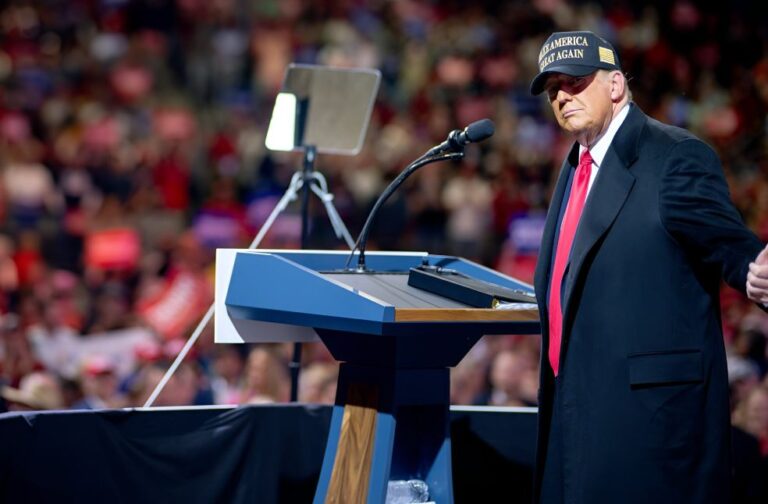United States: Canada, Mexico, and China have vowed to retaliate after the United States announced significant new tariffs on their exports. President Donald Trump confirmed that the new duties, which take effect, include a 25 percent tariff on Canadian and Mexican imports and an additional 10 percent tax on Chinese goods.
Canadian energy exports, however, will face a lower 10 percent levy. The White House has framed the tariffs as a response to concerns over illegal immigration and drug trafficking, two of the key issues Trump campaigned on.
The administration stated in a post on X, stating that, “Today’s tariff announcement is necessary to hold China, Mexico, and Canada accountable for their promises to halt the flood of poisonous drugs into the United States.” Trump later reaffirmed the decision on Truth Social, citing the International Emergency Economic Powers Act (IEEPA) as the legal basis for the move.
The affected nations have promised to retaliate. Mexico’s President Claudia Sheinbaum dismissed allegations of government collusion with drug cartels as “slander” and said her administration is preparing a series of countermeasures, including 25 percent tariffs on U.S. goods.
Canada’s Prime Minister Justin Trudeau confirmed that his government would impose 25 percent tariffs on $155 billion worth of American imports, with an initial $30 billion taking effect immediately and an additional $125 billion in 21 days. Targeted goods include alcohol, clothing, household appliances, and raw materials like lumber and plastics. Trudeau emphasised that Canada had already pledged $1.3 billion CAD in border security measures to address U.S. concerns but criticised the tariffs as counterproductive. China expressed strong opposition to the new levies and announced plans to file a complaint with the World Trade Organization.
A spokesperson from the Chinese embassy in Washington stated that, “Trade and tariff wars have no winners.” The 10 percent tariff on Chinese goods will be added to existing duties imposed under both the Trump and Biden administrations.
LIVE: Canada’s response to U.S. tariffs | EN DIRECT : Réplique aux tarifs douaniers américains https://t.co/1R7HT03O9G
— Justin Trudeau (@JustinTrudeau) February 2, 2025
The tariffs have raised panic among economists and business leaders, who warn of potential price hikes on essential goods. The automotive sector, in particular, could see increased production costs, with some estimates suggesting the average U.S. car price could rise by $3,000. A report by the Peterson Institute for International Economics projected that blanket 25 percent tariffs on Canada and Mexico could slow economic growth and drive inflation higher in all three countries. Industry groups have also voiced strong opposition.
The National Homebuilders Association warned of rising housing costs. Farmers for Free Trade stated that additional tariffs would further strain struggling agricultural sectors. The U.S. Retail Industry Leaders Association, which includes major brands like Home Depot, Target, and Walgreens, expressed hope that a resolution could be reached to avoid the tariffs.
Canada, Mexico, and the U.S. share deeply incorporated economies, with roughly $2 billion worth of manufactured goods crossing their borders daily. Canada remains the largest foreign supplier of crude oil to the U.S., with 61 percent of American oil imports coming from its northern neighbour last year. Despite strong pushback, Trump signalled readiness to escalate tariffs further if trading partners retaliate.
However, some analysts believe there may be room for negotiation, particularly if Mexico and Canada offer concessions on border security and drug enforcement. Ashley Davis, a Republican lobbyist for major U.S. corporations, suggested that Trump might be open to revising tariffs if progress is made on these key issues. “The border and China are the two biggest issues Americans voted on.
As global markets brace for potential fallout, all eyes are now on how Canada, Mexico, and China will structure their countermeasures and whether this standoff will escalate into a full-scale trade war.



